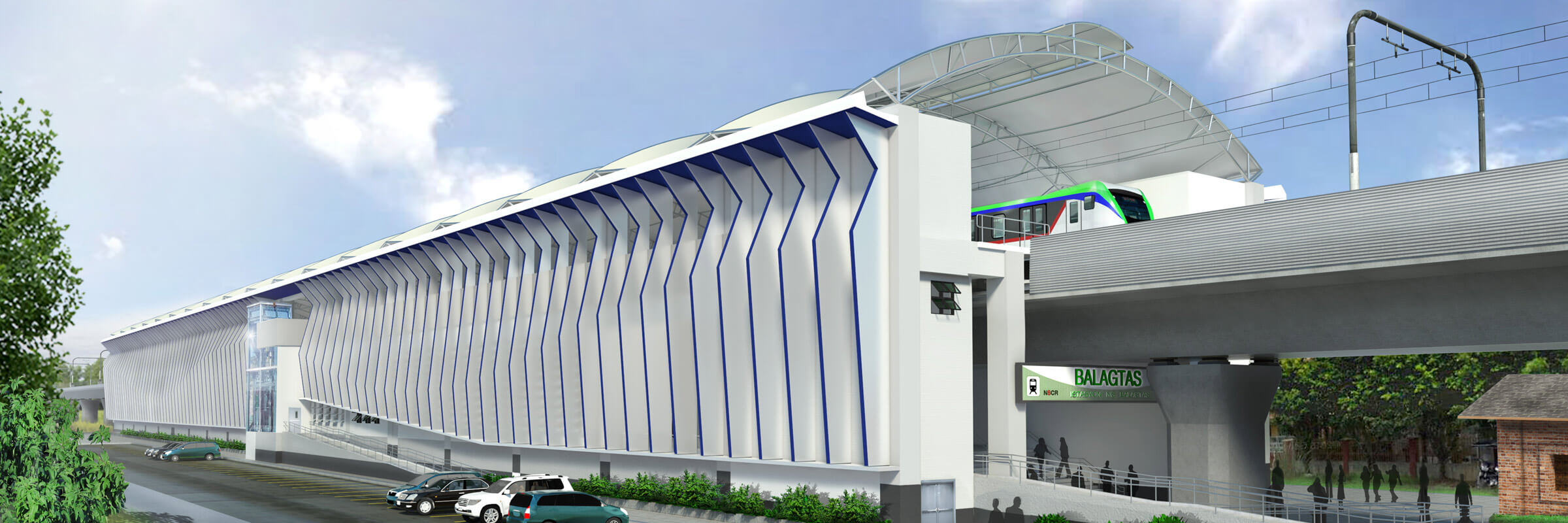Inadequate supply systems and aging infrastructure Rumphi’s current water supply system cannot support the growing population. Currently, communities receive water during limited hours, and there is no supply of potable water to newly developed areas.
The project will create new infrastructure to meet projected demand for 2040. This will increase supply and treatment capacity from 1,500 m3/day to approximately 19,415 m3/day – servicing approximately 158,085 people.
Infrastructure upgrades
SMEC will oversee the preparation of designs and then supervise construction of a new intake weir, treatment plant remediation and 222km of new pipelines, interspersed with pumping stations, service reservoirs, auxiliary buildings and access roads. The new reinforced concrete intake weir on the South Rumphi River will provide a robust and sustainable water source.
Upgrades to the water treatment plant will focus on expanding capacity, including sedimentation, filtration, and other processes, to ensure the effective processing of water for safe consumption. New infrastructure additions, such as pumping stations, storage reservoirs, and distribution lines, will facilitate a more efficient and reliable water delivery system.
Regional Director Clients and Partnerships (Regional Africa), Nasser Harrasy said, “The project will incorporate a detailed assessment of existing infrastructure, population data, water demand projections, and hydrological analysis. This information will be modelled into a comprehensive GIS platform to enhance planning, management, and future maintenance of the water supply system.”
Project Director, Dr. Mebrate Tanto added, “The design will require a multi-pumpstation solution to reach different elevations in Rumphi Town alongside multiple new storage reservoirs in the distribution area. The inclusion of 200 communal water points ensures we highlight the project’s focus on expanding access to underserved parts of the community.”
Phase one will comprise detailed design and Works tender assistance with an anticipated timeline of twelve months, followed by Phase 2 being construction supervision over a planned thirty months.








